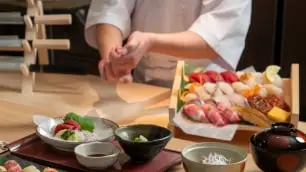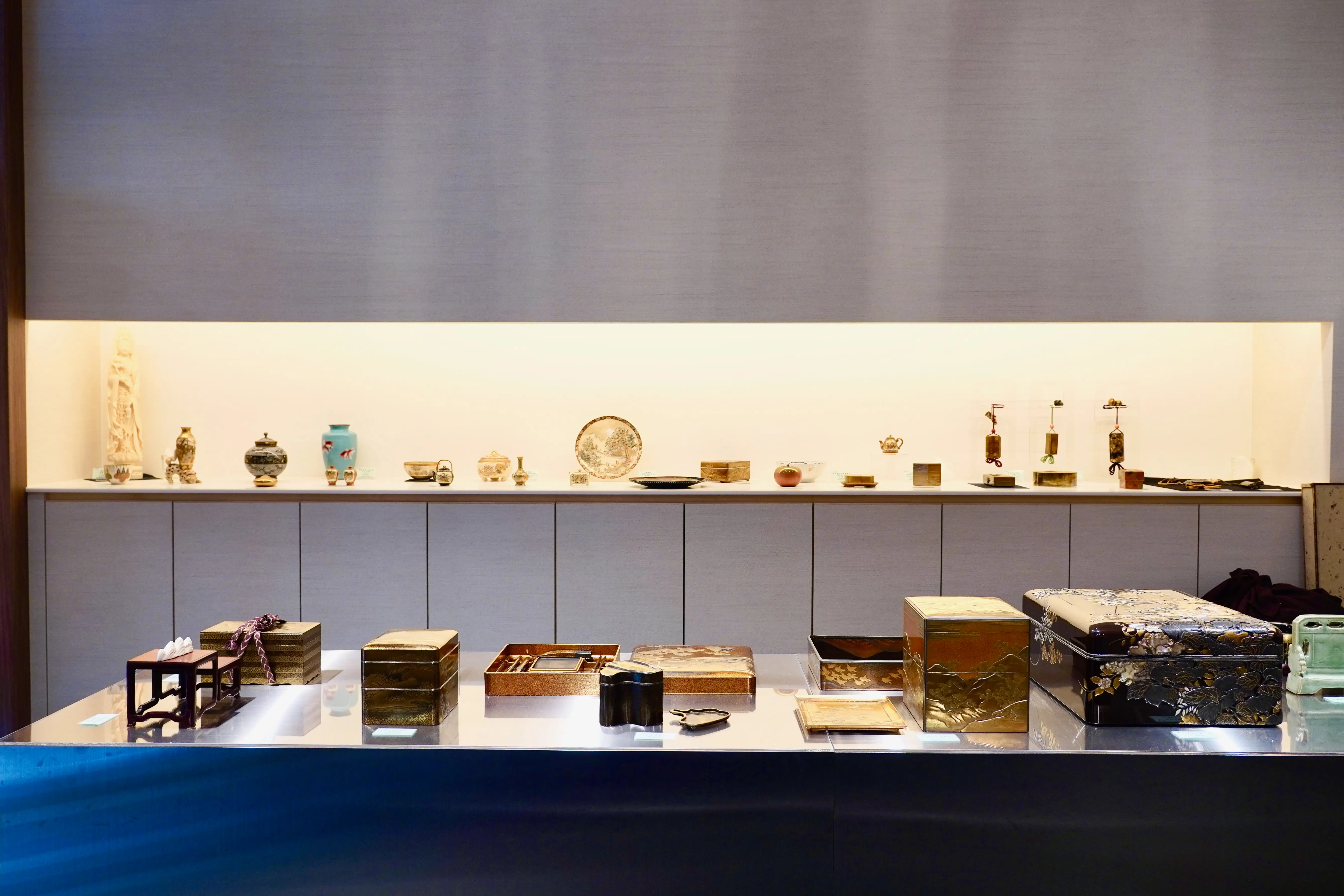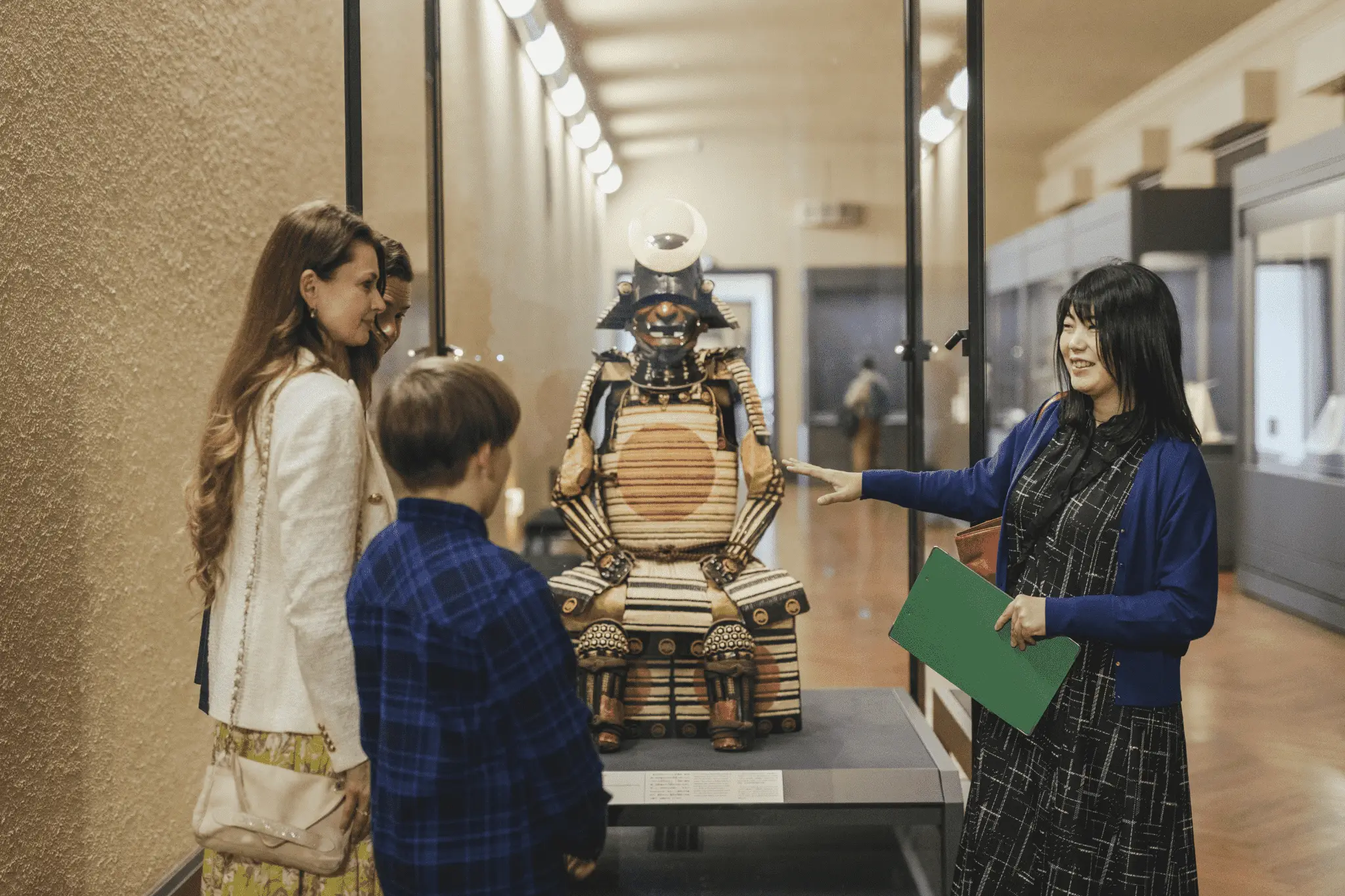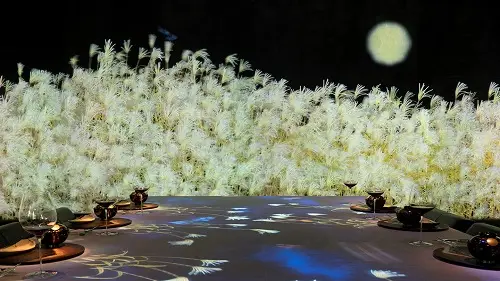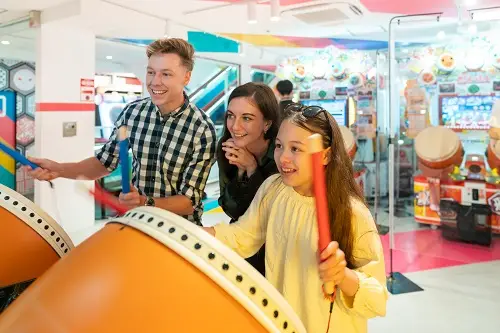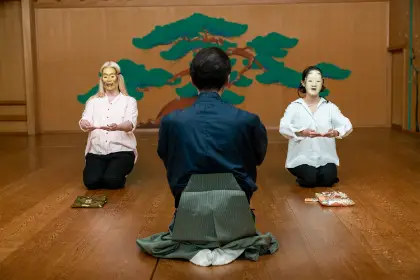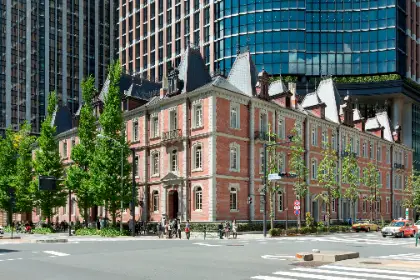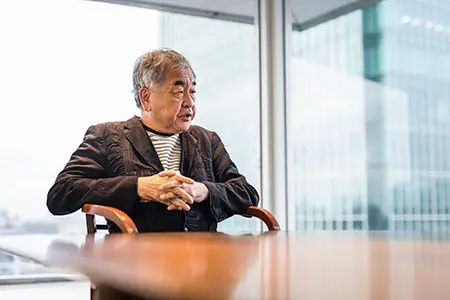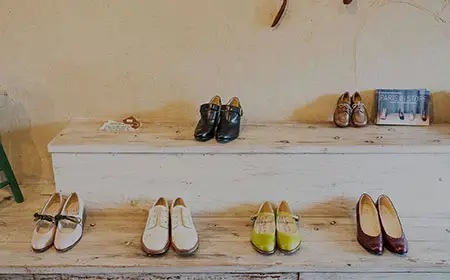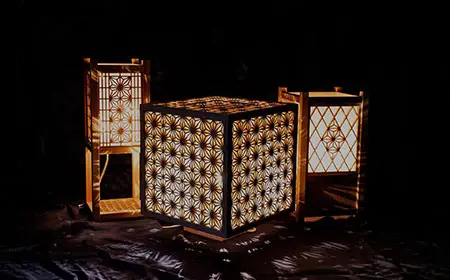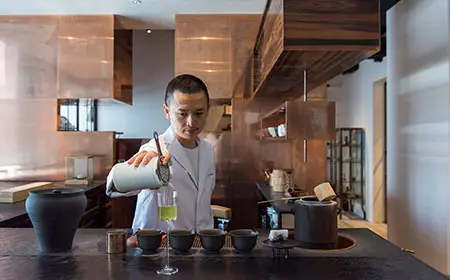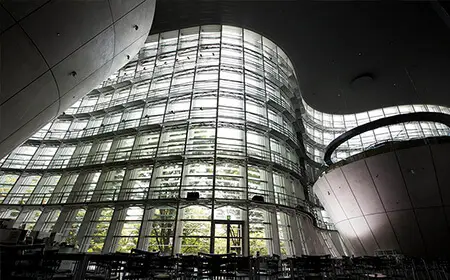
NO(H) WHERE LIKE TOKYO
Noh actor Noboru Sano guides us to three of his favorite places in Tokyo to experience authentic Japanese culture at its best.

Noboru Sano
The 60-year-old charismatic actor of the Hosho school of Noh started his training at the tender age of ten and made his stage debut at 17.He strongly believes that the beauty of Noh can transcend both language and cultural barriers and his enthusiasm is very contagious. Popular since the 14th century, Noh is the oldest surviving traditional dance theater still performed today and is recognized as a UNESCO Intangible Cultural Heritage.
Born in Tokyo in 1960, Sano spent much of his early childhood living in different places around Japan, but has lived in Tokyo most of his adult life. "I love the cleanliness and efficiency of Tokyo. I don't think any other city of a similar scale is so neat and safe," he says.
For Sano, Japanese culture is best experienced in the original and unedited version for it to be appreciated. For, as he explains, "If you have never seen a real Noh mask up close, how do you know if the replica in front of you is good or bad?"
Below, he shares three places to experience not only Noh at its finest, but also a stunning collection of Japanese cultural artifacts and a traditional Japanese garden in central Tokyo.
Hosho Noh Theater

Don't let the bland exterior of this centrally located Noh theater fool you. The 1978 building underwent a full-scale renovation in 2013, and the traditionally wooden Noh stage inside contains its own secrets and hidden details. "Not many people know that the white gravel around the stage originally served to reflect the sunlight onto the stage in the early days where artificial lighting was not available," Sano points out. Performances are all in Japanese, but usually a brief English explanation offering a basic outline of the stories is available for non-native speakers.
NOHGAKUDO
Tokyo National Museum
 Photo: Collection of Tokyo National Hakubunkan
Photo: Collection of Tokyo National Hakubunkan
The stately main building of the Tokyo National Museum in Ueno Park is another favorite of Sano's. "The collection is just amazing. You would need several days to see everything on display," he says. With close to 120,000 items in its vaults, the museum displays the finest of Japanese and oriental art and crafts such as kimonos, ceramics, samurai swords, lacquerware, sculptures and paintings. A stroll around Ueno Park is a good way to clear your mind after taking it all in.
TOKYO NATIONAL MUSEUM
Hotel Chinzanso Tokyo
 Photo: Hotel Chinzanso Tokyo
Photo: Hotel Chinzanso Tokyo
For visitors who plan to spend a few days in the city, Sano recommends the gorgeous Hotel Chinzanso Tokyo in central Tokyo. "A bite to eat at one of the restaurants or a drink at the classic Le Marquis bar followed by a stroll around the beautiful lush Japanese garden is an excellent way to spend an afternoon in the city." With roots going back more than 700 years, Chizanso promises meticulous Japanese hospitality for staying guests and casual visitors.
Hotel Chinzanso Tokyo






